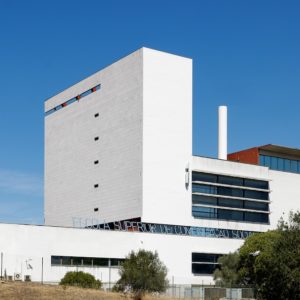The UNESCO Chair of Communication, Media and Information Literacy and Citizenship is an initiative aimed at addressing the challenges of the 21st century, a time marked by an unprecedented digitization of communication. While the benefits of digital media are undeniable, their uncritical use has led to misinformation, fake news, hatred and intolerance. These phenomena threaten the sustainability of tolerant, inclusive and democratic societies, where full citizenship is both a right and a duty.
In this context, media education and citizenship development are essential. They allow for the construction of a diversified coalition of autonomous individuals who recognize, analyze and resist harmful forms of expression and communication. The Chair aims to integrate research and education into society to develop fundamental skills for communicating and understanding the world critically, while resisting polarization and stereotypes.
The teaching and research carried out at ESCS support this chair and are at the center of international cooperation. This includes notably the countries of the South and Lusophone, encouraging academic alliances and promoting knowledge sharing.
The Chair shares the principles of UNESCO, promoting communication for inclusive, multicultural and democratic societies. It aims to bridge the gap between academia and civil society, to develop media education, to defend freedom of expression, to fight against hate speech and misinformation, while promoting responsible critical thinking and preventing violent extremism. In addition, it aims to develop actions and projects for sustainable societies, while strengthening knowledge for climate action.
By guiding its actions according to the United Nations Sustainable Development Goals (SDGs), the Chair is particularly dedicated to SDGs 4 (Quality Education), 5 (Gender Equality), 10 (Reduced Inequalities), 11 (Sustainable Cities and Communities), 12 (Responsible Consumption and Production), 13 (Climate Action), 16 (Peace, Justice and Strong Institutions) and 17 (Partnerships for the Goals).

